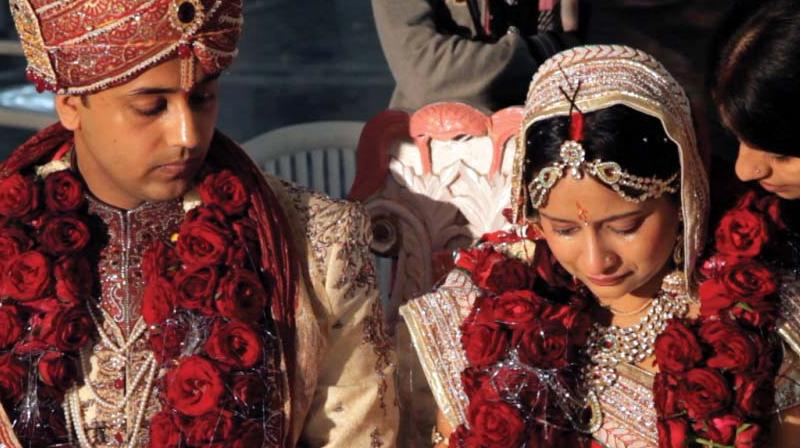The marriage ‘market’: Terms and conditions apply
Our matrimonial ads are proof that misogyny is still rampant in India. We examine the issue and discuss how it could be tackled.

We are used to hearing people say ‘marriages are made in Heaven’. But in today’s day and age, they may be made through matrimonial ads in newspapers and on websites. For a progressive person, it may be quite shocking to see how regressive the thought process of those looking for a life partner via these more modern mediums can be. In a recent Netflix documentary — A Suitable Girl, you get to see the three Indian girls who are all set to get married. One scene depicts a girl and her parents trawling the matrimonial ads for a suitable groom. The demands that appear in this part of the newspaper though funny at times can also be very sexist.
Consultant Mahua Chinappa feels that the requirements to get married haven’t changed that much at all. She says, “In most of the ads that I have seen, people are looking for girls who are slim, tall, convent educated, homely but never well settled. Some were as atrocious to say that they wanted virgins. The boys too weren’t spared. This I found was extremely archaic.”
Gaurav Nigam believes that ads these days do not focus on depth or sanctity of relationships, which he feels are the key attributes. He says, “One of the ads that I saw proved the fact. It was disgusting, laced with utter sexism and commodification. It read thus: ‘Looking for a bride suitable to adjust with a software engineer with work experience of 11 months in UK. Bride must be milky white in complexion, must know how to cook food, drive car and be comfortable with all kinds of pets at home. We are an open-minded family and prefer Western clothing too. Groom’s job transferable so bride must support’.”
Sociologist Sudeshna Bannerjee shares that such discrimination is all a reflection of the patriarchal society we live in. She says, “People are still looking at colour, caste etc while selecting a suitable match for their children. Middle-class families who are literate and well-educated people are the ones who think that it’s ok to have such demands.
Entrepreneur Lopa Saikia agrees, “Most of these ads tend to be very regressive and contradictory too. They want well educated MBA girls who should be homely, wearing Indian clothes, not allowed to work and just take care of the house work.” But she points out that there’s been a bit of a change on the matrimonial front. “These days, these terms and conditions are applied to both men and women. One of the funniest but slightly disturbing ads that I saw was of a divorced lady who had seven cats. She wanted to find a partner to marry who hasn’t slept with anyone for over a year!” she rolls her eyes.
Sudeshna asserts, “The only way this situation can be solved is by making changes in the education that teach kids about gender roles. Guys especially should be taught life skills like cooking, learning how to sew, etc. We talk a lot about empowering our daughters but what about the men?”

